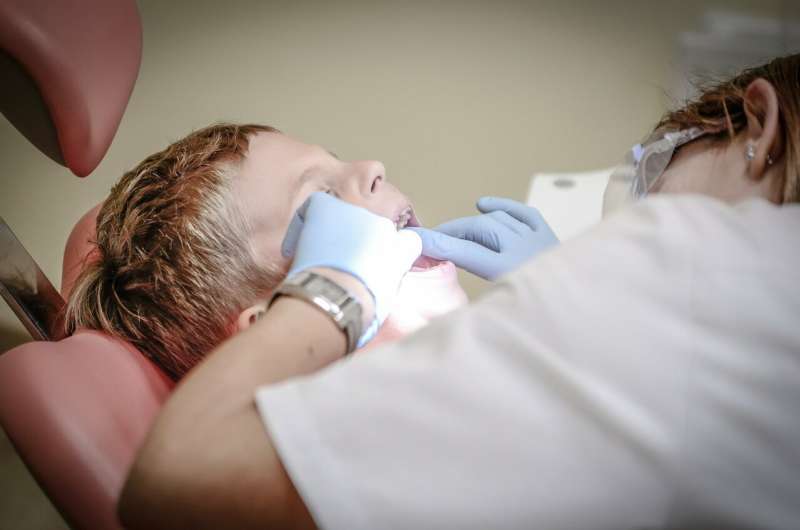Early Cardiac Dysfunction Identified in Young Adults with Bipolar Disorder

New research reveals early signs of heart muscle impairment in young adults with bipolar disorder, highlighting the need for early cardiovascular screening and intervention.
Recent research highlights the early signs of heart muscle impairment in young adults diagnosed with bipolar disorder, underscoring a significant connection between psychiatric conditions and cardiovascular health. According to a study published in Biological Psychiatry, individuals aged 20 to 45 with bipolar disorder exhibit subtle, yet measurable, abnormalities in how their heart muscles contract and pump blood, well before developing overt heart failure.
The investigation employed advanced cardiac imaging techniques to assess peak systolic strain and myocardial work—indicators that reveal how effectively the heart's muscle segments deform during contraction and the effort required for blood circulation. Findings indicated that both global and regional measures were compromised across the left ventricular segments in these patients compared to healthy controls of similar age.
Using the American Heart Association's 17-segment model, researchers mapped regional impairments corresponding to specific coronary artery territories, suggesting that coronary vascular dysfunction may underlie these early myocardial abnormalities. Lead researcher Dr. Pao-Huan Chen emphasized that this is the first study to extensively evaluate regional myocardial function in young bipolar patients with such detailed specificity.
Given the increased risk of cardiovascular disease and early heart failure in bipolar disorder populations, these findings open new avenues for early diagnosis and targeted intervention. Dr. Cheng-Yi Hsiao highlighted that incorporating measures like peak systolic strain and myocardial work into routine assessments could lead to earlier detection of cardiac issues, potentially delaying or preventing the progression to clinical heart failure.
The study also discusses the broader implications of these cardiac changes, noting that they may be linked to underlying coronary vessel abnormalities, which could be influenced by genetic, environmental, and medication-related factors. Further research is necessary to elucidate the mechanistic pathways involved, but the current evidence suggests that cardiovascular health should be an integral component of psychiatric care for young adults with bipolar disorder.
Recognizing and addressing these early cardiac alterations may significantly improve life expectancy and quality of life for this at-risk group, with experts advocating for routine cardiovascular screening using advanced imaging techniques as part of comprehensive mental health management.
Stay Updated with Mia's Feed
Get the latest health & wellness insights delivered straight to your inbox.
Related Articles
Maple-Derived Polyphenols Show Promise in Combating Tooth Decay
New research highlights how maple-derived polyphenols, especially epicatechin gallate, can inhibit bacteria responsible for cavities, opening doors for natural dental care solutions.
Revealing the Broad Impact of ORC2 on Human Gene Regulation
New research uncovers the extensive role of ORC2 in regulating gene expression and chromatin structure in human cells, revealing unexpected breadth beyond DNA replication.
Breakthrough in Gene Therapy Restores Heart Function in Primates After Heart Attacks
Duke University researchers have successfully used gene therapy to restore heart function in nonhuman primates after heart attacks, paving the way for future human treatments.
Addressing Gut Infections in Men Who Have Sex with Men: A Growing Concern
Emerging research reveals the rising issue of sexually transmitted gut infections among men who have sex with men, emphasizing the need for improved detection, treatment, and preventative measures. Learn more about this growing health concern.



